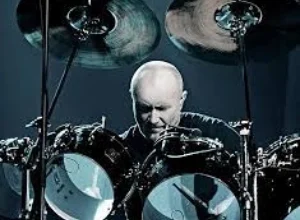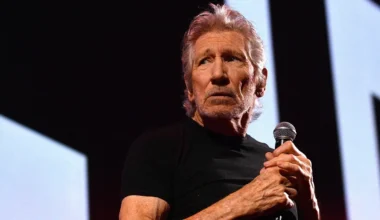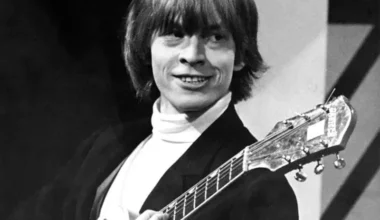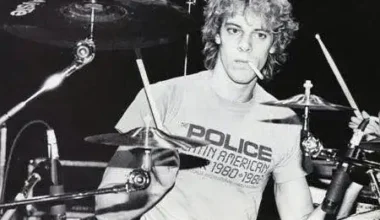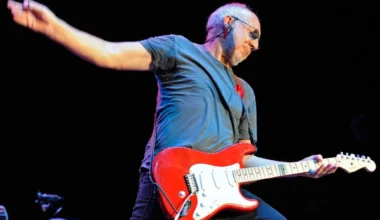No other band has ever been quite like The Beatles. Although several contemporary boy bands have caused a Beatlemania-like frenzy among their fans, nothing compares. The global phenomenon that the Fab Four incited is unparalleled. Their roles as the faces of a time when music was quickly moving into more experimental territory than ever before were pivotal. They helped facilitate a cultural shift.
Throughout the 1960s, The Beatles put out several innovative albums, including Rubber Soul, Revolver, The White Album, and Abbey Road. The Beatles weren’t afraid to experiment with new musical approaches, such as using seldom-used production techniques and popularizing non-Western instruments.
As they experimented with LSD and submerged themselves in a realm of meditation and enlightened spirituality, their sound grew more psychedelic. It increasingly drew inspiration from the psychedelic movement. Of all the Beatles, George Harrison was the most dedicated and involved in Eastern religion. He was reportedly quoted as saying, “I feel like a better person because of Hinduism.” I simply keep becoming happier. I sense that I have more power and control now.
The guitarist began recording solo pieces in 1968, starting with the Wonderwall score, which was primarily instrumental. Harrison’s interest in a different culture from his upbringing was evident in the Indian-inspired pieces on the album Wonderwall Music.
Harrison experimented with a synthesizer for his next album, Electronic Sound, which was instrumental like its predecessor. It was an extremely experimental piece, particularly considering its publication in 1969. It consists of two long songs, with “No Time or Space” clocking in at over twenty-five minutes.
Though it has since been reevaluated as an intriguing piece of avant-garde work, it was received negatively by critics. Still, Harrison didn’t begin to receive recognition for his solo work until he put All Things Must Pass out in 1970. It featured songs like “My Sweet Lord” and “Wah-Wah,” showcasing Harrison’s compositional abilities. He wasn’t always able to fully express these talents in The Beatles.
Following that, Harrison alternated between releasing hit albums, such as Living in the Material World and Cloud Nine. However, fewer people seemed to like Extra Texture (Read All About It) and Gone Troppo. Harrison explained in a 1988 interview for a program called Countdown why he believed so many of his solo albums had gone unnoticed.
George Harrison clarified that this was “my fault in that the mixes might not have been as good as they could have been, and I got tired of working on my own.” “He said, ‘I refuse to change and become the flavor of the month‘. ‘Because everyone wants you to change and become the music at that time.'”
The musician also expressed how much he disliked promoting himself—after years of continuous media attention, he’d had enough. “I create music.” I struggle in interviews. That’s not what I like to do. I don’t feel very comfortable going out and promoting myself on television and in interviews after doing that kind of thing for 25 years, Harrison said. “After I released a record and gave it to the label, they would say, ‘We won’t put as much effort into it if he isn’t promoting it.'”
George Harrison added, “I wrote songs, made records, and if the record’s good, then people will like it, and if it’s not, they won’t.” Despite this, Harrison didn’t seem to be too concerned about whether or not people enjoyed his music.


